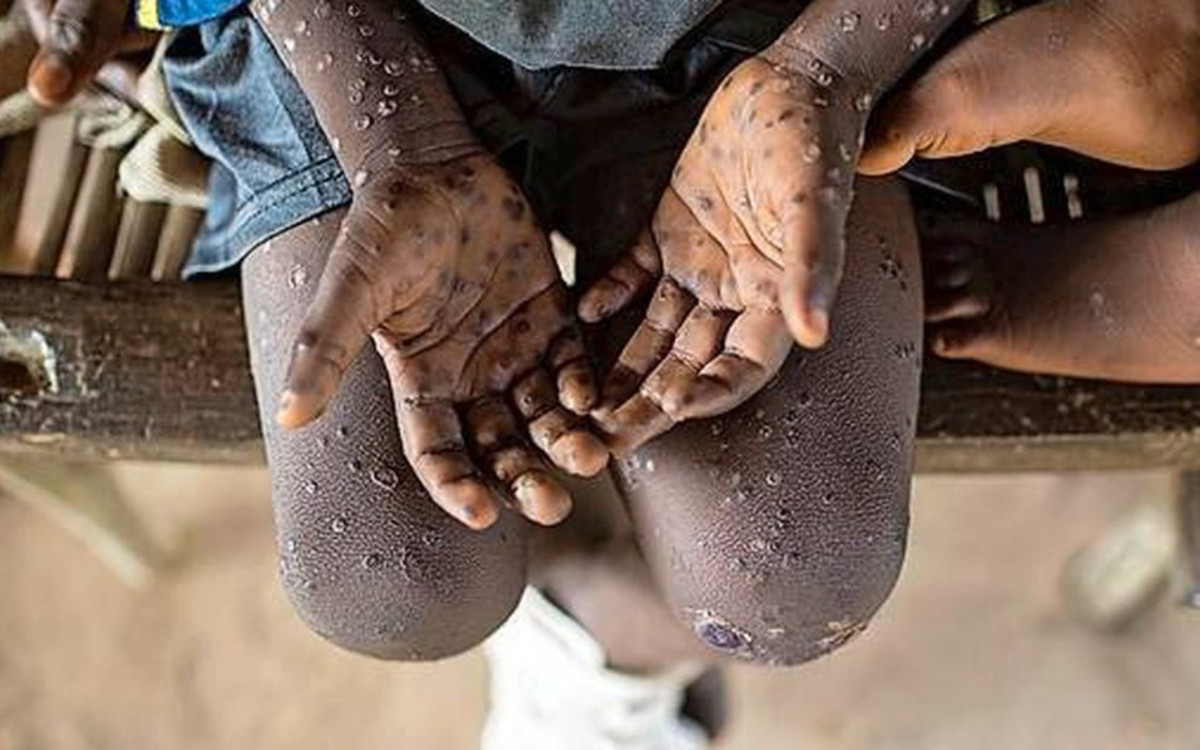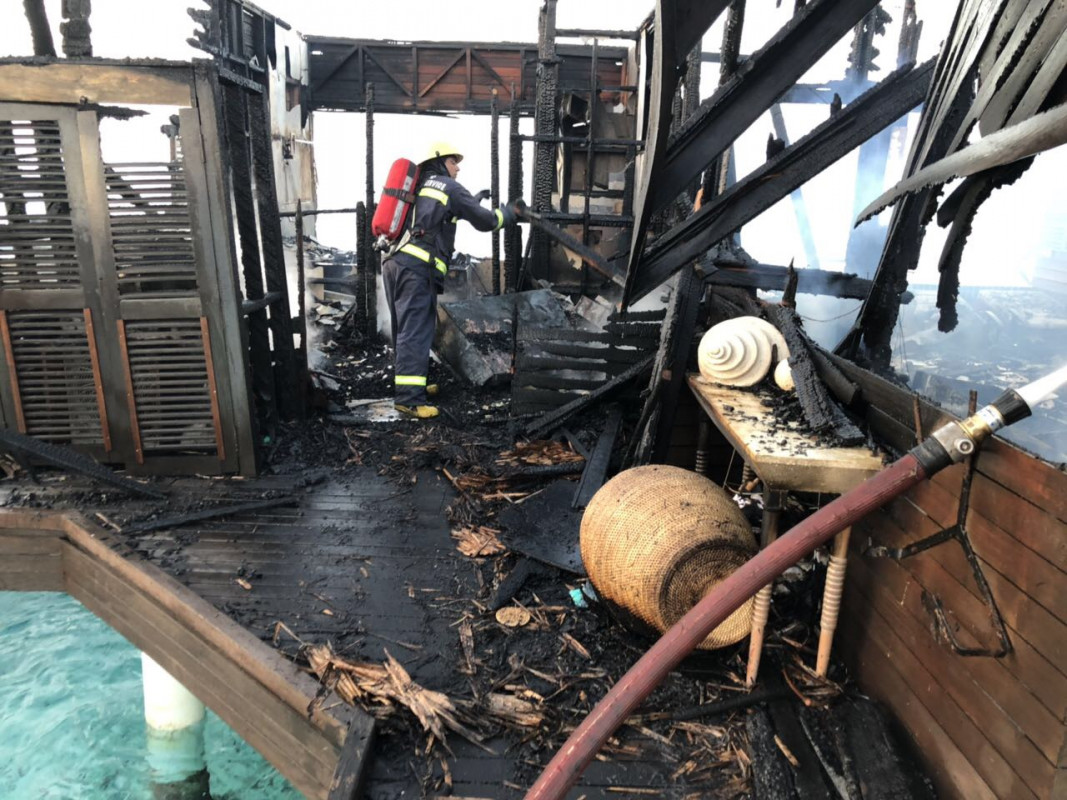HPA prepares for potential mpox outbreak, monitors global status
The chances of an outbreak in the Maldives will be assessed


An Mpox-stricken person
Maldives is monitoring the status of Mpox, more commonly known as monkeypox, and preparing for a potential outbreak.
This was revealed by the Health Protection Agency (HPA) on Monday.
The World Health Organization (WHO) on August 14 declared that mpox is becoming a global health emergency.
Mpox has been declared a global health emergency as it has been detected with a new strain of the disease, spreading to other countries even though it originated in the African region.
After the disease began spreading across the globe, HPA has announced that they are monitoring the situation and making the necessary arrangements to prepare for an outbreak in the Maldives.
Preparations by the public health authority include assessing the risk of the disease surfacing in the island nation, preparing for an outbreak control, testing as well as treatment.
HPA also noted that they are sensitizing healthcare workers about the disease and boosting surveillance efforts.
Maldives is yet to detect a case of the globally spreading disease.
Mpox virus is widely spreading across the Democratic Republic of Congo and other African regions.
Since 2022, 99,000 cases of mpox have been discovered to date.
Mpox is transmitted to humans from infected animals and once the virus enters the human body, it spreads to others through proximity and physical contact.
The current strain of mpox is reported to be transmitting through sexual contact, however, the possibility of transmission in other ways is present.
As such, transmission is possible if someone comes in contact with the bumps or pus on the skin of the infected person, if someone comes in contact with the clothes, sheets and towels used by the infected person, it can spread through the respiratory system if they spend a lot of time with the infected person. It can also spread through contact with an infected animal while hunting, slaughtering, skinning or cooking.
Some of the common symptoms of the virus include fever, body aches, fatigue, developing bumps on the skin as well as pus-filled blisters.
In several cases, the infection recovers on its own, however there are times that the patient may require hospital care based on their condition.
Although there is no specific treatment for the disease, supportive treatment may be provided to assess the symptoms experienced by the infected person.






